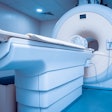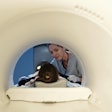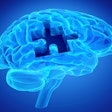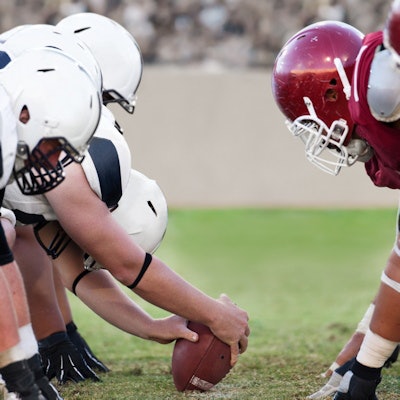
Heart damage in college athletes who had COVID-19 is relatively rare, with only 4% of athletes showing heart abnormalities on initial ultrasound screening and none showing heart damage on follow-up MRI scans, according to a study published May 10 in Circulation.
The study results suggest that it is "reasonable to defer cardiovascular screening in asymptomatic athletes or those with milder COVID-19," wrote a research team led by senior author Dr. Ranjit Philip of the University of Tennessee Health Science Center in Memphis. They also support research that showed low risk of heart damage in professional athletes post-COVID-19.
"Our findings ... offer reassurance to high school athletes, coaches, and parents where resources for testing can be limited," Philip said in a statement released by the American Heart Association (AHA), publisher of the journal.
Last spring, concerns about COVID-19-induced heart damage -- particularly inflammation -- in athletes prompted recommendations for cardiac screening before returning to play, the researchers noted. The preferred test for heart inflammation is cardiac MRI. In May, the American College of Cardiology's Sports & Exercise Cardiology Council recommended against cardiac MRI as an initial screening test in patients with COVID-19 symptoms.
In the new study, Philip and colleagues sought to explore if symptom severity was associated with heart inflammation after COVID-19.
To do this, the group conducted a study that included 137 college athletes attending three universities who were referred to cardiac screening in order to return to play after testing positive for COVID-19. The average cardiac evaluation was 16 days after a positive COVID-19 test; roughly half the study participants were Black, half were white, and 7% were Latinx. Football players made up more than a third of the study cohort, but other sports represented included dance, basketball, baseball, softball, tennis, soccer, cheer, track, volleyball, and golf.
Most of the study participants (82%) had experienced symptoms of COVID-19, although the symptoms were mild and none prompted treatment or hospitalization, Philips and colleagues noted. Black and Latinx athletes were more likely to have symptoms than white athletes (86% and 100%, compared with 75%). Most frequent symptoms included the following:
- Loss of smell/taste (58%)
- Fever (less than 2 days, 42%)
- Headache (41%)
- Fatigue (40%)
- Shortness of breath (12%)
- Chest pain/tightness (11%)
All of the athletes underwent ultrasound of the heart and electrocardiogram exams and received a troponin level blood test. Participants who had abnormal results from this initial testing underwent cardiac MRI.
Only five athletes (4%) showed heart abnormalities on initial screening. On cardiac MRI, none of these had heart damage or inflammation. All the athletes returned to their sport without any further concern, the team noted.
"We were encouraged to find so few abnormal tests in these athletes as well as negative cardiac MRIs in those who did have an abnormal test during the initial screening, and no athlete had any problems after returning to exercise and sport," said lead author Dr. Benjamin Hendrickson, also of the University of Tennessee, in the AHA statement.


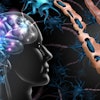

.fFmgij6Hin.png?auto=compress%2Cformat&fit=crop&h=100&q=70&w=100)


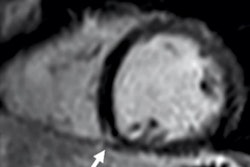
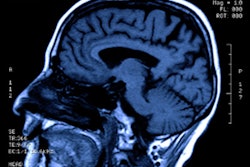
.fFmgij6Hin.png?auto=compress%2Cformat&fit=crop&h=167&q=70&w=250)







